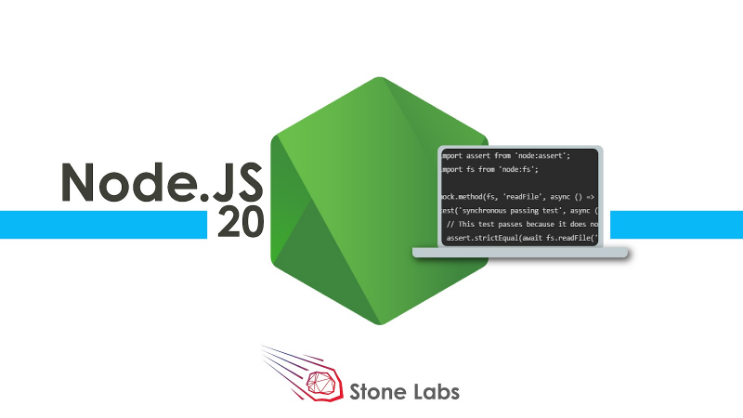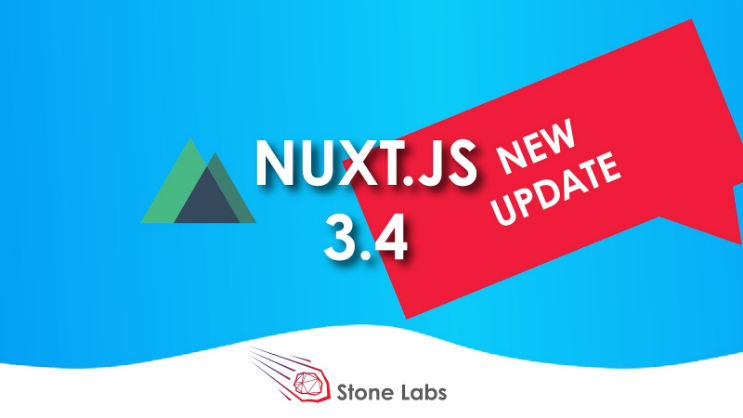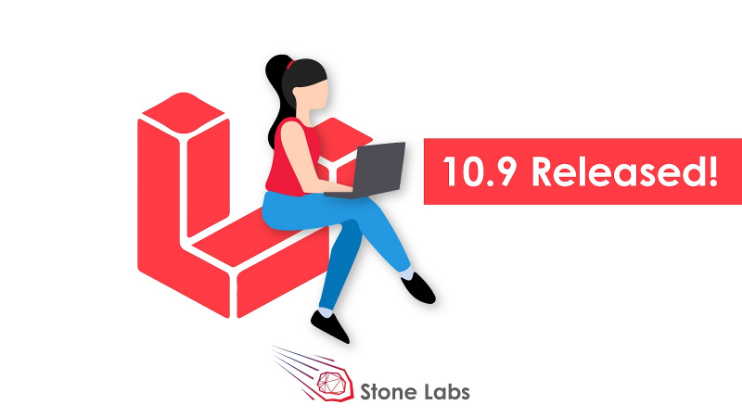At Stone Labs, we make it a priority to stay current with the latest advancements and emerging trends in the software industry. As a custom software product development company, our focus lies in delivering complex IT solutions tailored to the needs of our clients. Today, we would like to discuss the recent announcement of Node.js 20, a new release that promises to bring incredible enhancements in the world of JavaScript runtime.
Node.js is an open-source, cross-platform JavaScript runtime environment that has become a popular choice for developing robust web applications and services. The new version, Node.js 20, marks a significant milestone in the platform’s evolution, providing developers with exciting new features and improved performance.
One of the key highlights of Node.js v20 is the inclusion of the latest version of the URL parser, Ada. This parser stands out for its ability to improve the developer experience while working with URLs in their applications. The update also includes various documentation improvements, ensuring that the user base has access to clear and concise information.
Another noteworthy feature of this release is the preview-level support for a range of features and triggers, similar to those in 2nd gen Node.js. Detailed guidance and support for these functionalities can be found throughout the platform’s resources, making it easier for developers to explore and utilize the latest enhancements.
Moreover, Node.js 20, addresses potential vulnerabilities by introducing changes to the way inputs are managed in cryptographic APIs. This update is designed to strengthen the security of applications built on the platform.
The existing user base of Node.js will find the transition from the legacy streams API to the updated version to be seamless. The new version retains the essential functionality while streamlining the development process.
At Stone Labs, we understand the importance of staying on the cutting edge of technology and are excited about the potential that Node.js 20 holds for our clients. We are committed to harnessing the power of this release to create advanced web applications and services that align with the ever-evolving demands of the software industry.
In short, Node.js 20 marks a significant step forward in JavaScript runtime, offering new features, improved performance, and enhanced security for developers. As a software product development company, we excited to explore and implement the latest innovations in technology, creating custom IT solutions that drive success for our clients.




